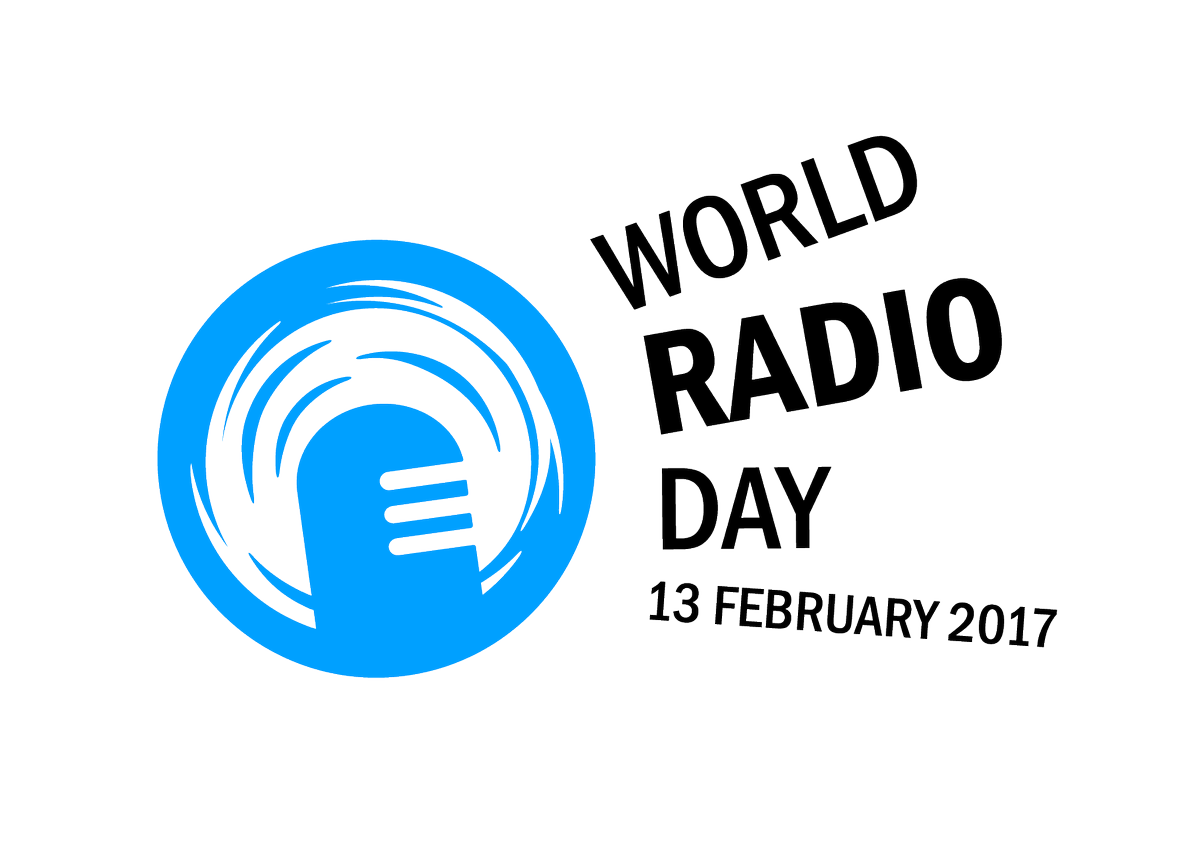The UN Secretary-General gave the following message in a video chat to the world to celebrate World Radio day.

Since its invention more than 100 years ago, radio
has sparked the imagination, opened doors for change, and served as a
channel for life-saving information. Radio entertains, educates, and
informs. It promotes democratic expression and influences ideas.
From short-wave to FM to satellite transmission –
radio connects people wherever they are. In conflict situations and
times of crisis, radio is a lifeline for vulnerable communities.
Radio is both valuable and cost-effective. From day
one, the United Nations has been using radio to reach the peoples of
the world.
UN Radio sheds light on all issues on the United
Nations agenda – from sustainable development … to the protection of
children … to peacekeeping and conflict prevention.
We are proud of our rich history of radio production
in many languages, and the innovative ways we use radio to inform and
serve the world.
On this World Radio Day, let us celebrate the power
of radio and let us work together to tune the world to the frequency of
peace, development and human rights for all.
Ban Ki-MOON.
To better understand why the world is celebrating the radio today,here a few facts on Radio:
- In 2016,more people listened to the radio than watched Tv or Smartphones.
- There are more than 800 million radios in developing countries.
- 3.9 billion people,more than half the world's population are still not connected to the internet,making radio the most accessible medium.
- 9000 children in Southern Africa now have access to Education through solar radios after Tom Hanks organised a charity auction.
- Radios are a part of everyday life. Not only are they used to play music or as alarms in the mornings, they are also used in cordless phones, cell phones, baby monitors, garage door openers, toys, satellites, and radar.
- On November 2, 1920 the first commercial radio station went on the air in Pittsburgh, Pennsylvania.
- During World War II, radio became the dominant medium for news about the war.
- 94% of adults listen to the radio weekly.
- The Radio was invented by an Italian named Gugliemo Marconi in 1895. It was originally called the wireless telegraph and used radio waves to transmit Morse code.
- According to the UN, there are about 44,000 radio stations operating around the globe.
- It is estimated that approximately 75% of homes in developing nations have access to a radio.
- For the majority of listeners in Kenya the most popular thing learned from radio was politics, with 21% indicating it as the thing they learned most.
- 83% of Tanzanians said they get news and information from radio, making it the leader of both media and non‐media sources.
- Radio is the most accessible and used medium in Zambia.
- The Brazilian radio market is the second largest in the Americas, being one step behind the United States.
- Radio is the most reliable channel for distributing news, information and entertainment in the Philippine's rural interior, where mountains often get in the way of TV signals.
- In South Sudan, the BBC World Service is the second most important source of information after community radio stations in some areas.


No comments:
Post a Comment